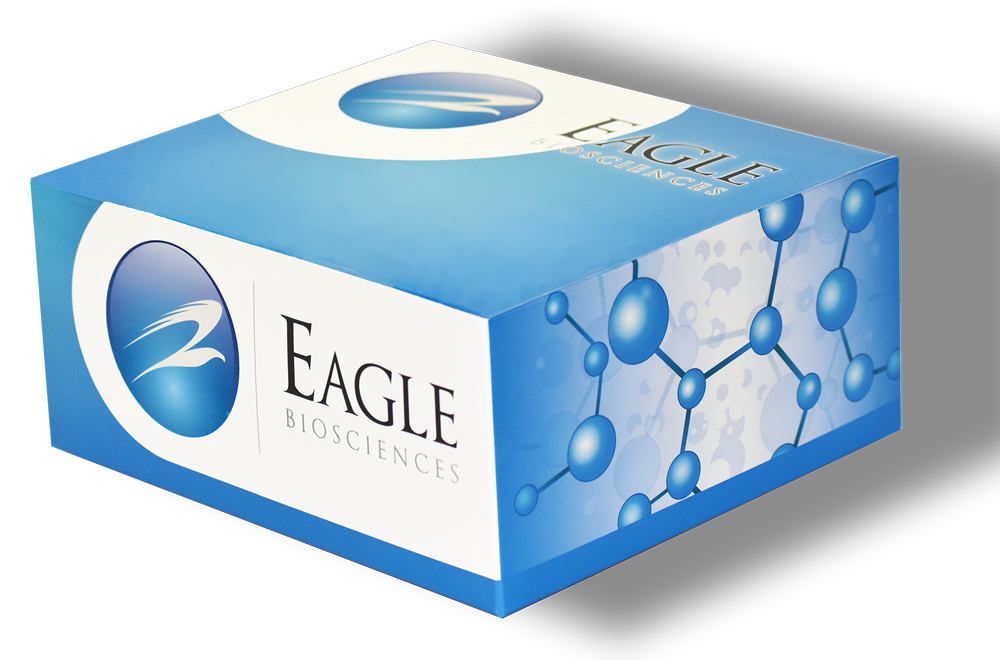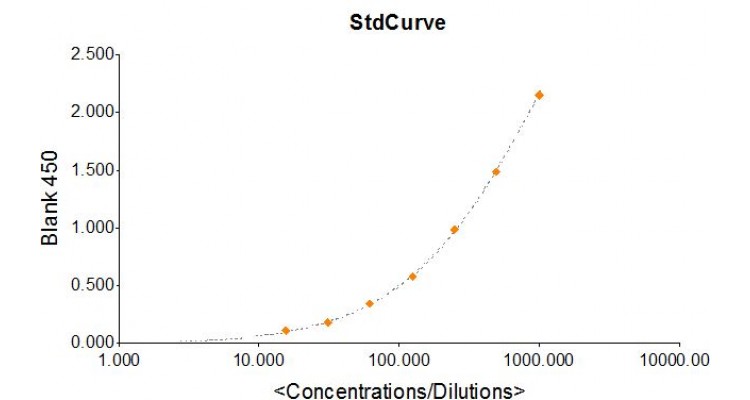Porcine Immunoglobulin G (IgG) is the predominant antibody isotype in pig serum and plays a central role in systemic immune defense. Structurally, it consists of two heavy and two light chains that recognize and neutralize antigens while activating complement and engaging immune effector cells. In pigs, IgG is also a key component of passive immunity, as piglets depend on maternal IgG transferred through colostrum immediately after birth. The Porcine IgG ELISA (Enzyme-Linked Immunosorbent Assay) is a quantitative assay designed to measure total or antigen-specific IgG levels in serum, plasma, colostrum, or milk, providing a reliable indicator of humoral immune status.
In research, Porcine IgG ELISA is widely used to study immune responses following vaccination, infection, or immunomodulatory treatments in swine. It enables researchers to evaluate vaccine efficacy, monitor antibody kinetics, and assess immune competence under various physiological or environmental conditions. Because the pig immune system closely resembles that of humans, IgG measurement in pigs is also valuable in translational immunology, infectious disease modeling, and biotherapeutic testing. For example, it helps assess antibody-mediated protection in influenza, coronavirus, and bacterial infection models, providing critical data for both veterinary and human vaccine development.
Clinically, IgG serves as a biomarker of immune protection and maternal antibody transfer, especially important in neonatal pig health and survival. Measuring IgG helps veterinarians confirm adequate colostrum intake, diagnose immunodeficiency, or monitor responses to vaccination programs in herds. In translational and preclinical research, porcine IgG quantification provides insights into antibody persistence, vaccine performance, and immune memory, informing the development of next-generation immunotherapies and vaccines for humans. In summary, Porcine IgG ELISA is a quantitative biomarker assay crucial for evaluating systemic humoral immunity in both veterinary applications and translational biomedical research.
This product is manufactured in USA by Eagle Biosciences.


